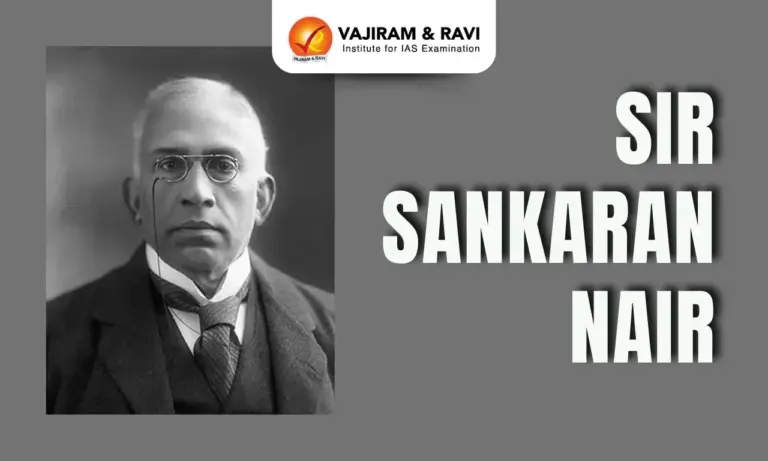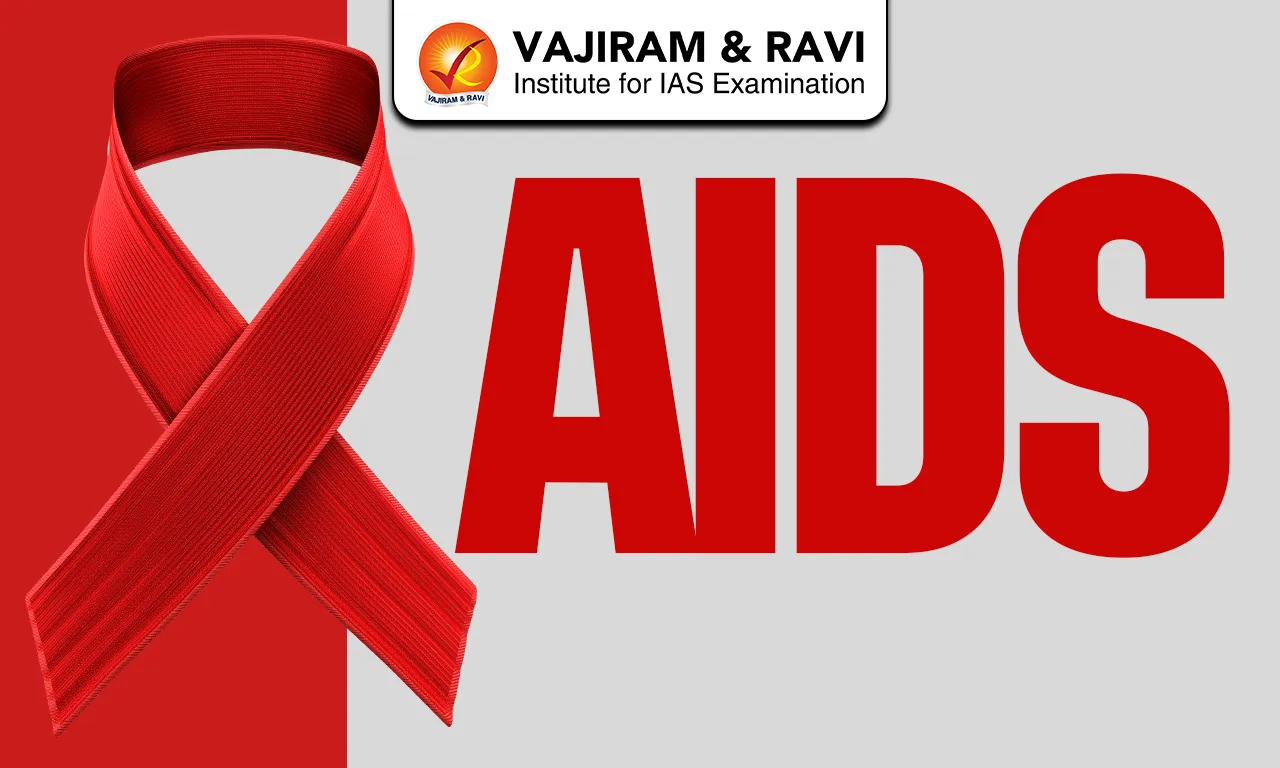Sir Sankaran Nair Latest News
The Prime Minister’s tribute on the 106th anniversary of the Jallianwala Bagh massacre acknowledged Nair’s fearless voice against British tyranny.
About Sir Sankaran Nair
- Sir Chettur Sankaran Nair was born in 1857 in an aristocratic family from Mankara village, located in Malabar’s Palakkad district (present-day Kerala).
- He was known for his unwavering moral courage, strong convictions, and outspoken opposition to colonial injustice.
- Nair graduated from Presidency College, Madras, and began his legal career under Sir Horatio Shepherd, who later became Chief Justice of the Madras High Court.
Key Positions and Recognitions
- In 1897, Nair became the youngest President of the Indian National Congress (INC) — and remains the only Malayali to have ever held that post.
- He was appointed to the Raleigh University Commission by Lord Curzon in 1902.
- Honored as Companion of the Indian Empire in 1904 and knighted in 1912 for his service.
- In 1908, he became a permanent judge in the Madras High Court, where he was known for progressive and reform-oriented judgments.
- In 1915, he joined the Viceroy’s Executive Council, overseeing the education portfolio.
Role in the Freedom Movement
- Nair was a strong nationalist who firmly advocated for India’s right to self-rule.
- In 1919, he contributed significantly to the Montagu-Chelmsford Reforms, which introduced dyarchy in provinces and increased Indian participation in administration.
- Following the Jallianwala Bagh massacre on April 13, 1919, he resigned from the Viceroy’s Council in protest — a bold move that shook the British government.
- His resignation triggered changes, including the lifting of press censorship in Punjab, the termination of martial law, and the formation of the Hunter Commission to investigate the massacre.
The Historic Defamation Trial Against Michael O’Dwyer
- In his book, Nair accused Michael O’Dwyer, then Lieutenant Governor of Punjab, of being directly responsible for the Jallianwala Bagh massacre due to his repressive policies.
- O’Dwyer filed a defamation case against Nair in an English court in 1922, expecting support from the British legal system.
- The trial lasted five and a half weeks and was the longest-running civil trial in Britain.
- The 12-member English jury, presided over by Justice Henry McCardie, mostly sided with O’Dwyer (11–1 majority), with only Harold Laski, a Marxist theorist, dissenting.
- Nair was ordered to pay £500 and the trial expenses. He refused to apologize, even when O’Dwyer offered to waive the penalty if he did so.
- Although Nair lost, the trial exposed the deep bias in the British legal system and galvanised nationalist sentiments in India.
Death and Recognition
- Sir Sankaran Nair passed away in 1934 at the age of 77, but he remains a symbol of fearless resistance and principled leadership in colonial India.
- His legacy continues to inspire through books like The Case That Shook the Empire by his descendants and upcoming films like Kesari Chapter 2.
Sir Sankaran Nair FAQs
Q1. Who was Sir Sankaran Nair?
Ans. Sir Chettur Sankaran Nair was a prominent Indian jurist, social reformer, and nationalist known for his contributions to the Indian freedom struggle and for advocating civil rights under British rule.
Q2. Why is Sir Sankaran Nair remembered in Indian history?
Ans. He is remembered for resigning from the Viceroy’s Executive Council in protest against the Jallianwala Bagh Massacre in 1919.
Q3. What legal position did Sir Sankaran Nair hold?
Ans. He served as a Judge of the Madras High Court and later as the President of the Indian National Congress in 1897.
Source: IE
Last updated on March, 2026
→ UPSC Notification 2026 is now out on the official website at upsconline.nic.in.
→ UPSC IFoS Notification 2026 is now out on the official website at upsconline.nic.in.
→ UPSC Calendar 2026 has been released.
→ UPSC Final Result 2025 is expected to be released soon.
→ Check out the latest UPSC Syllabus 2026 here.
→ Join Vajiram & Ravi’s Interview Guidance Programme for expert help to crack your final UPSC stage.
→ UPSC Mains Result 2025 is now out.
→ UPSC Prelims 2026 will be conducted on 24th May, 2026 & UPSC Mains 2026 will be conducted on 21st August 2026.
→ The UPSC Selection Process is of 3 stages-Prelims, Mains and Interview.
→ Prepare effectively with Vajiram & Ravi’s UPSC Prelims Test Series 2026 featuring full-length mock tests, detailed solutions, and performance analysis.
→ Enroll in Vajiram & Ravi’s UPSC Mains Test Series 2026 for structured answer writing practice, expert evaluation, and exam-oriented feedback.
→ Join Vajiram & Ravi’s Best UPSC Mentorship Program for personalized guidance, strategy planning, and one-to-one support from experienced mentors.
→ Check UPSC Marksheet 2024 Here.
→ UPSC Toppers List 2024 is released now. Shakti Dubey is UPSC AIR 1 2024 Topper.
→ Also check Best UPSC Coaching in India


















